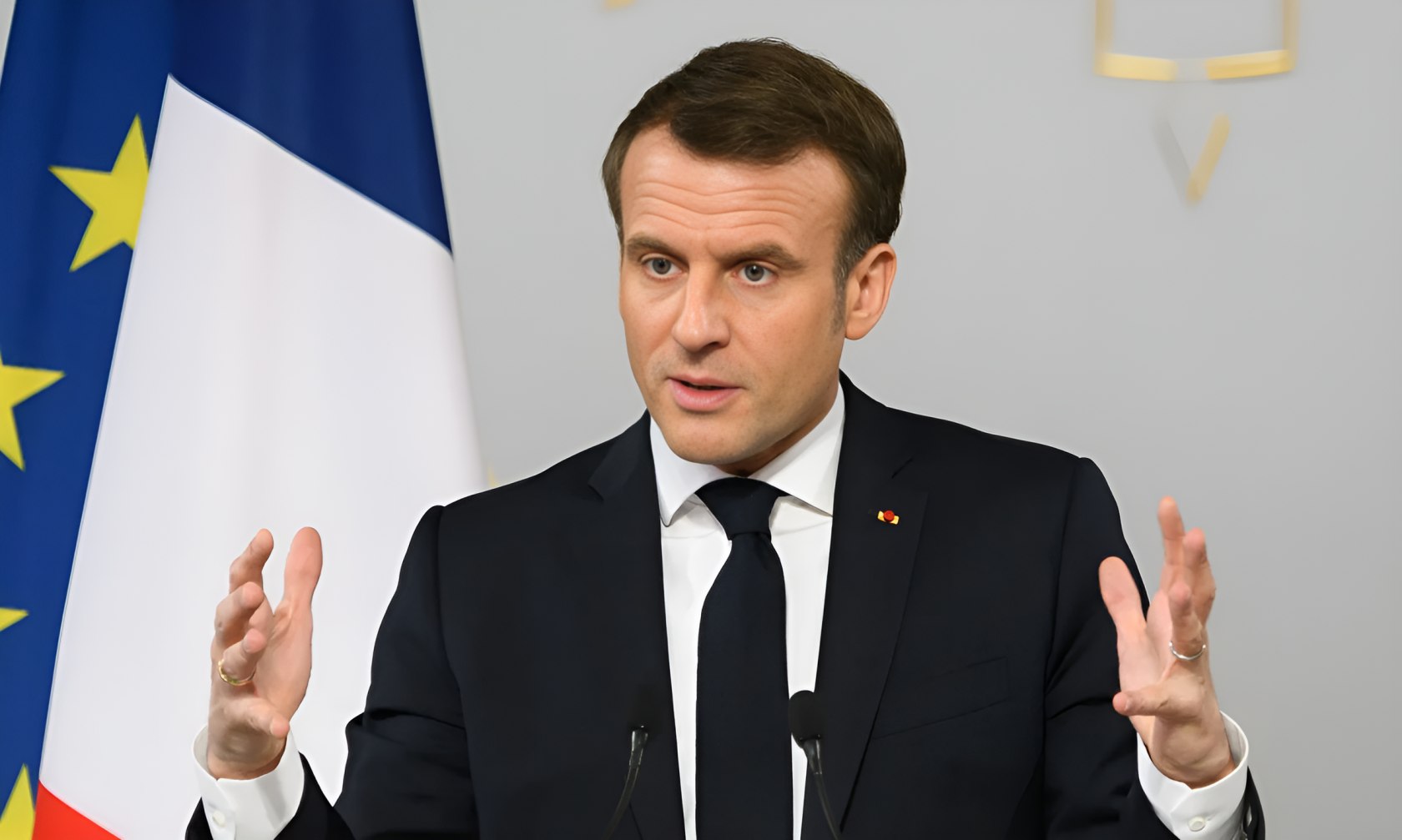Macron: 26 countries ready to send troops to Ukraine after ceasefire

Macron said the forces, which could operate “by land, sea or air,” would form part of a “reassurance force” agreed during a summit of 35 nations meeting in Paris under the “Coalition of the Willing.”
French President Emmanuel Macron has announced that 26 Western nations are prepared to deploy troops to Ukraine immediately after a ceasefire agreement is reached.
He said the forces, which could operate “by land, sea or air,” would form part of a “reassurance force” agreed during a summit of 35 nations meeting in Paris under the “Coalition of the Willing.”
Speaking at the Élysée Palace alongside Ukraine’s Volodymyr Zelensky, Macron said US involvement in the mission would be confirmed in the coming days.
He explained that Washington’s contribution was still under discussion, though President Donald Trump had recently indicated that American backing would “probably” focus on air support. Zelensky confirmed he had spoken directly with Trump about securing “maximum protection for Ukraine’s skies.”
The push for a coordinated international force comes as hopes of ending the war remain fragile. Efforts to secure a truce have faltered since Russian President Vladimir Putin met Trump in Alaska last month.
Despite ongoing discussions, Macron accused Moscow of reinforcing its presence in Ukraine even as talks on a ceasefire were underway.
On Thursday, two people working to clear mines in northern Ukraine were killed in a Russian strike.
European leaders also tied military and economic strategies together.
According to Finnish President Alexander Stubb, Trump urged the European Union to work with Washington to cut off Russian energy exports, saying the West should cripple Russia’s “war machine by economic means.”
The EU has already set a target to stop all Russian oil and gas imports by 2027, but officials acknowledged Moscow had earned €1.1 billion from fuel sales to Europe in just one year.
UK Prime Minister Keir Starmer said the coalition now represented an “unbreakable pledge” to Ukraine, backed by the United States. “Western allies must keep up the pressure on Russia to end the war,” a Downing Street spokesperson quoted him as saying.
Still, the question of troop deployment remains sensitive. While the US has ruled out sending ground troops, Macron insisted the commitment of other nations would stand once a ceasefire is agreed.
Some European diplomats have expressed concern that pledging soldiers now could play into Putin’s narrative of Western aggression.
Moscow has warned that foreign forces must not be stationed in Ukraine, demanding instead that Russia itself be recognised as a guarantor of security, a proposal Kyiv and its partners have firmly rejected.
German Chancellor Friedrich Merz told reporters the immediate task was to secure a ceasefire through a summit involving Zelensky, followed by “strong security guarantees” for Kyiv.
Meanwhile, Zelensky’s advisers met in Paris with US envoy Steve Witkoff to discuss the details of the coalition’s plan.
Despite the stalemate, Putin said this week there was “a certain light at the end of the tunnel” and spoke of possible arrangements for Ukraine’s security once the war ends.
However, he suggested Zelensky travel to Moscow for talks, an idea dismissed by Kyiv as “unacceptable” and proof that Russia was not serious about negotiations.
NATO Secretary General Mark Rutte rejected Moscow’s objections to Western deployments. “Why are we interested in what Russia thinks about troops in Ukraine? It’s a sovereign country. It’s not for them to decide,” he said.
Trump has continued to position himself as a central figure in efforts to end the war.
Speaking to CBS News, he said he remained confident that a settlement could be reached. “I think we’re going to get it all straightened out,” he said, while UK Defence Secretary John Healey praised him for “bringing Putin into talks” without closing any options.
Putin, meanwhile, hosted Chinese President Xi Jinping and North Korean leader Kim Jong Un in Moscow, insisting Russian forces were advancing “on all fronts” and warning that, absent a deal, the Kremlin was ready to “resolve all our tasks militarily.”
A French presidential source noted that ceasefires without comprehensive peace deals have worked before, pointing to the Korean peninsula where allied forces, including American troops, have helped sustain a long-standing truce.
Officials said the example showed why Ukraine sees international troop commitments as vital to guaranteeing any pause in the fighting.
